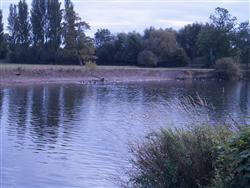
Study Ecology Via Distance Education
This course provides a terrific introduction to the study of ecology. It looks at
- living organisms,
- the places they live, and
- the relationships that occur between them.
It covers general principles of ecology, that can be applied anywhere on our planet.